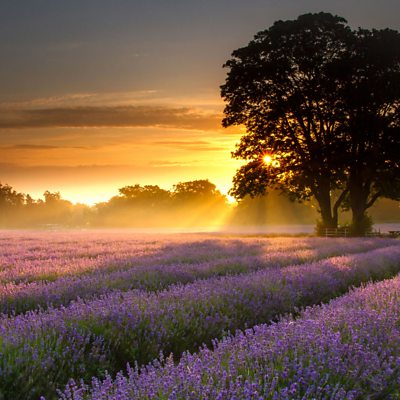Episode details

Available for over a year
Good Morning. As a student I was fortunate enough to spend a whole term studying in Jerusalem. Since then apartheid in South Africa ended, the cold war ended but a lasting peace in the area, in which Jerusalem is such a key component, seems as far away as ever, as the demonstrations against President Trump’s unilateral decision, show all too clearly. “Next year in Jerusalem”. That is what Jews round the world have sung at the end of every Passover meal since the 15th century, expressing a central longing of Judaism for its holy city. But Jerusalem is also a sacred city for Islam. One reason is that according to an early interpretation of a verse in the Koran the prophet Muhammad was miraculously transported there and then in a vision was taken into heaven where he received a blessing to be the last of the prophets. Christians also care desperately for the peace of Jerusalem, not least because of the ancient Christian churches that have lived there since the time of Jesus and whose existence in the Middle East is so fraught today. But Christians also have a different twist on Jerusalem. For them it quickly became less a place than an ideal. It became an image of the perfect city of Heaven. Then in our own country there was yet another twist. In 1916 William Blake’s arresting poem Jerusalem was set to stirring music by Sir Hubert Parry and started to lift the spirits of a nation dejected by major losses on the battlefield. Since then it has become the anthem of the trade union movement, the early suffragettes, the Women’s Institute, many sports and was the key music for the opening ceremony of the Olympic Games in 2012. Blake’s Jerusalem builds upon an ancient legend that as a child Jesus came to England, to Glastonbury, with Joseph of Arimathea. “And did those feet in ancient times?” it questions at the beginning- and ends with the great lines We will not rest from mental fight until we have built Jerusalem in England’s green and pleasant land. Jerusalem changed from an image of what we are to hope for, to something that has to be built now wherever we are. These are not, I believe mutually exclusive alternatives. From the standpoint of faith what we build now can be a reflection of what in God’s good purpose will one day be. What is so good about the anthem however, especially in these times when so many problems seem intractable, is that sense of shared determination expressed in those amazing images of Blake, arrows of desire, chariots of burning fire, encouraging us not cease from mental fight until we have built that better city, that better life together, whether in Jerusalem itself or in our own communities.
Programme Website